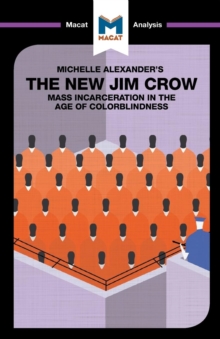
An Analysis of Plato's Symposium PDF
by Richard Ellis, Simon Ravenscroft
Part of the The Macat Library series
Description
Plato's Symposium, composed in the early fourth century BC, demonstrates how powerful the skills of reasoning and evaluation can be.
Known to philosophers for its seminal discussion of the relationship of love to knowledge, it is also a classic text for demonstrating the two critical thinking skills that define Plato's whole body of work.
Plato's philosophical technique of dialogue is the perfect frame for producing arguments and presenting a persuasive case for a given point of view, and at the same time judging the strength of arguments, their relevance and their acceptability.
Staging a fictional debate between characters (wealthy Athenians at a dinner party) who must respond in turn to each others' arguments and points of view means that, at every stage, Plato evaluates the previous argument, assesses its strength and relevance, and then proceeds (through the next character) to reason out a new argument in response.
Exerting unparalleled influence on the techniques of philosophical thought, Plato's use of dialogue is a supreme example of these two crucial critical thinking skills.
Information
-
Download - Immediately Available
- Format:PDF
- Pages:104 pages
- Publisher:Macat Library
- Publication Date:05/07/2017
- Category:
- ISBN:9781351351102
Other Formats
- Paperback / softback from £6.50
- EPUB from £5.66
Information
-
Download - Immediately Available
- Format:PDF
- Pages:104 pages
- Publisher:Macat Library
- Publication Date:05/07/2017
- Category:
- ISBN:9781351351102










